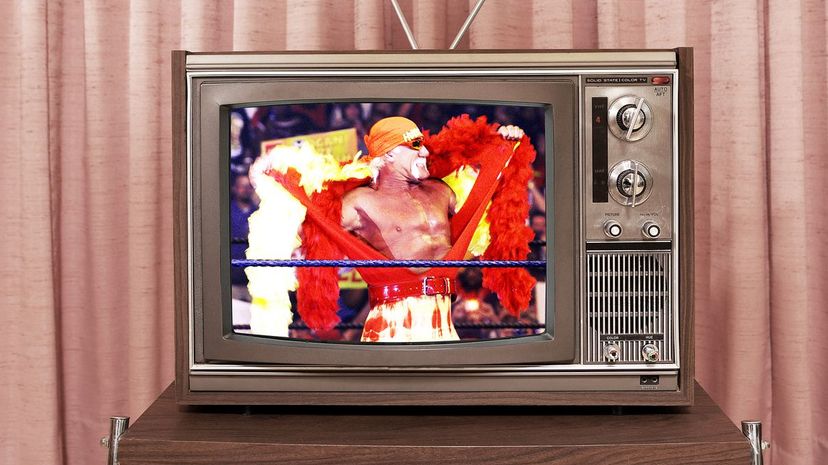
About This Quiz
It was known as the golden age of wrestling due to the significant boom in popularity. In the 1980s, the wrestling industry was defined by larger than life characters, title exchanges and yearly wrestling events that were growing increasingly popular. With figures like Hulk Hogan and Ric Flair leading the way, and legends like Andre the Giant and Harley Race still competing at a high level, there might never have been a better time to be a wrestling fan.Â
Of course, it was cable television that had one of the most significant impacts in helping wrestling to grow during the decade. With the rise of cable television, wrestling was brought thousands of American homes each week. As the profession's exposure increased, promotions began to push the boundaries of their companies from the regional level to the national level. This expansion boosted the competition between rival promotions as some faltered behind the pressure, and others adapted and thrived.Â
How well does your '80s wrestling trivia stack up against others? Are you as familiar with the decade as you might be with other eras like the "Attitude Era" or the "PG Era" of more recent times? Find out with this quiz. Be careful, though, because some of these questions might just put you down for the count.Â
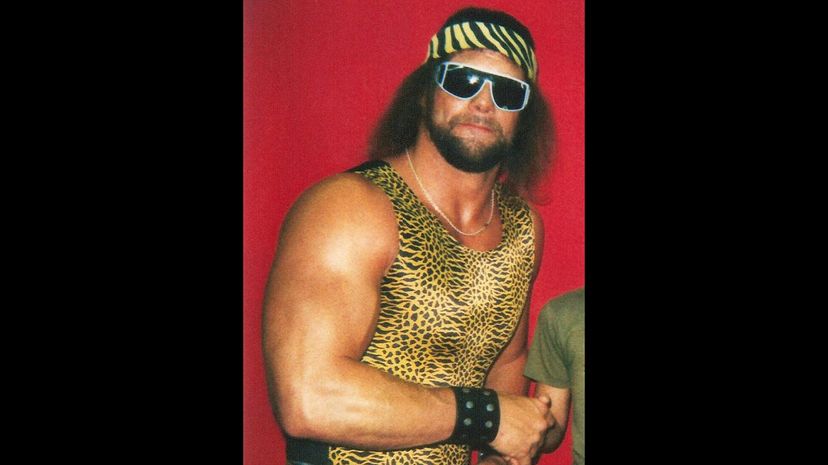
Miss Elizabeth, or Elizabeth Hulette, was married to "Macho Man" Randy Savage in real life. The two had a kayfabe - or staged - wedding in 1991 as part of a storyline set up to introduce Savage's next opponent.
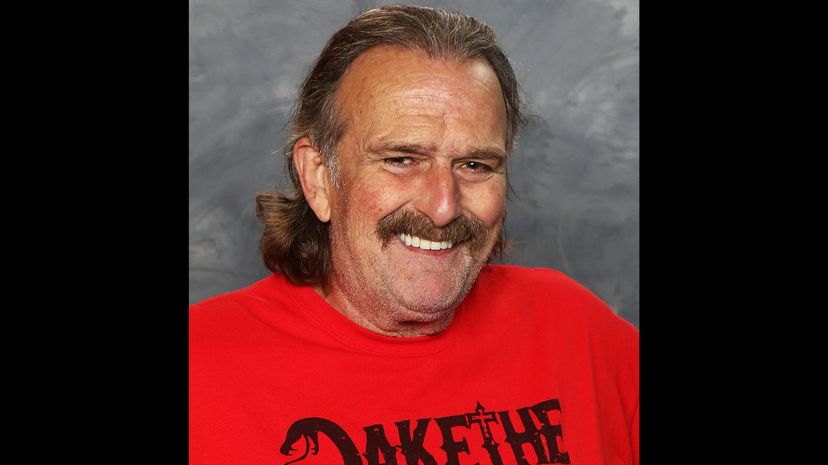
Jake Roberts was a master at in-ring psychology, partly because of his ability to use fear as a tactic to get under his opponent's skin during a match. One method he used to incite fear was to carry a snake named Damien to the ring with him, often unleashing the reptile on his enemies.
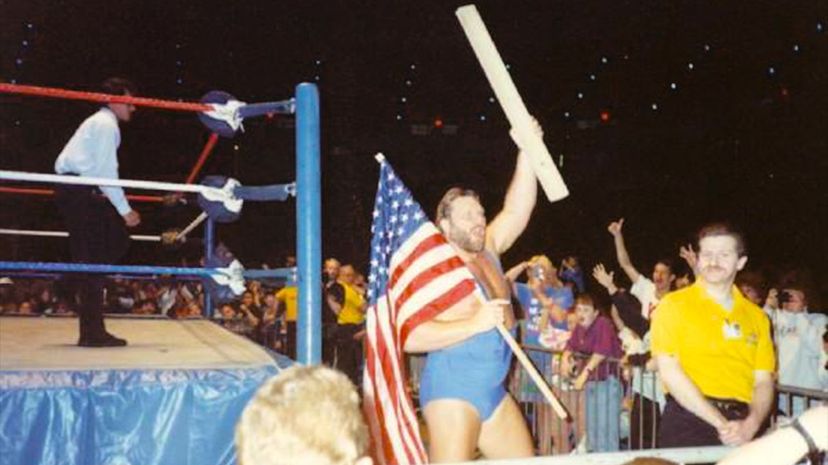
With a two-by-four in one hand and an American flag in the other, Jim Duggan came to the ring for matches with the intention of defending the honor of his country. One of his biggest opponents during this era was the Russian Nikolai Volkoff, mimicking a dispute in national relations between the U.S. and Russia.
Advertisement
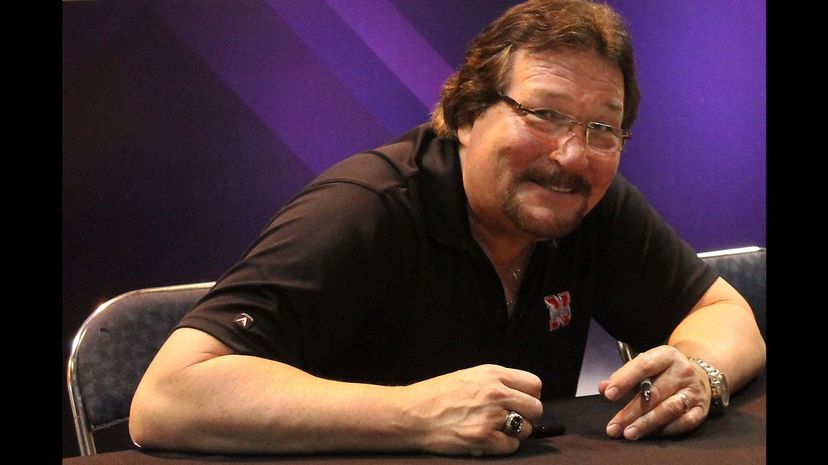
After failing to win the WWF Heavyweight Championship, "The Million Dollar Man" Ted DiBiase realized there was only one belt fit for him, a belt he created out of gold and diamonds and called the Million Dollar Championship. The title rarely left DiBiase after it was created.

During an interview with Andre the Giant, "Rowdy" Roddy Piper claimed he could slam the Giant if he was given five minutes in the ring. Andre responded by picking Piper up by his shirt and throwing him across the set.
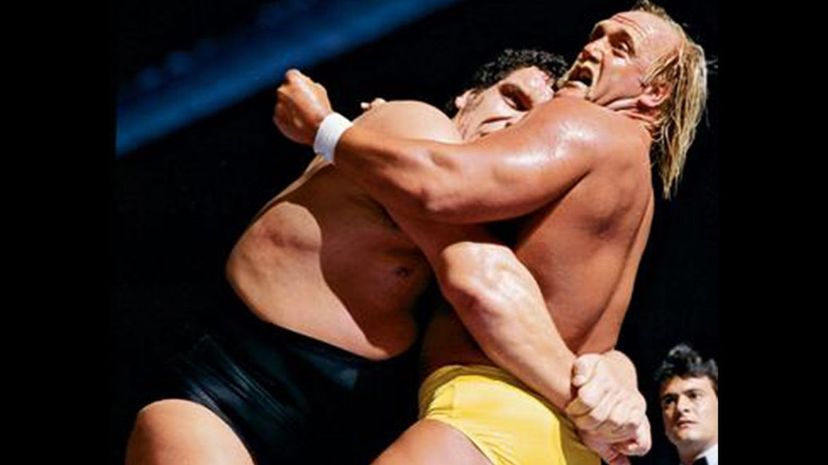
Andre the Giant was one of the biggest draws in wrestling history, often considered bigger than the company for which he wrestled. His popularity gave him immense power within the WWF, as he was seen as the leader of the locker room.
Advertisement
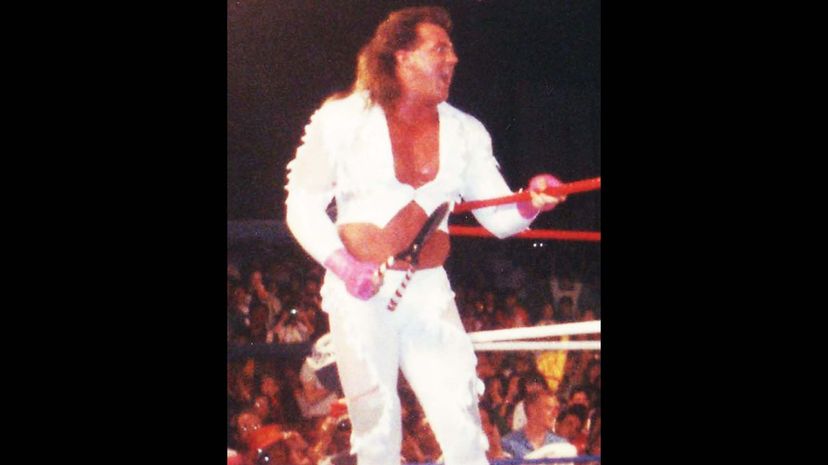
It was at WrestleMania III that Brutus Beefcake earned the nickname "The Barber" by cutting Adrian Adonis' hair and shaving his head. Beefcake was able to cut his hair after Adonis lost a Hair vs. Hair match against Roddy Piper.
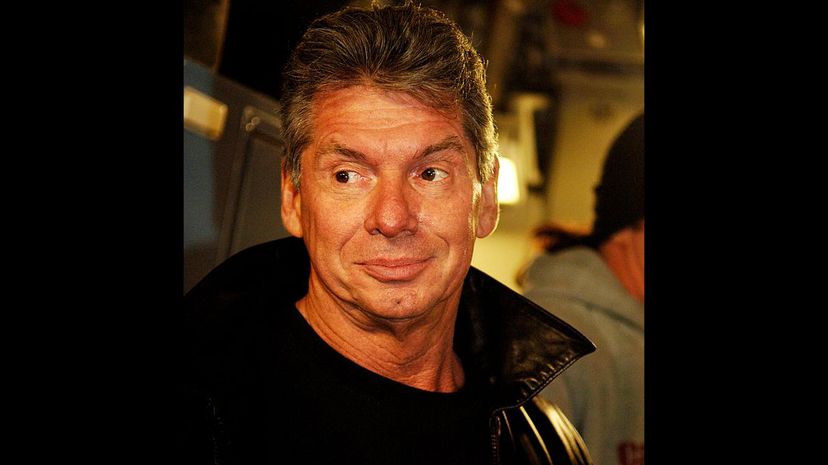
Vince McMahon took over the WWF from his father after purchasing the company in 1982. Initially, the WWF only promoted in the Northeast, but McMahon decided to break a pack with other promotions by moving into their territories.
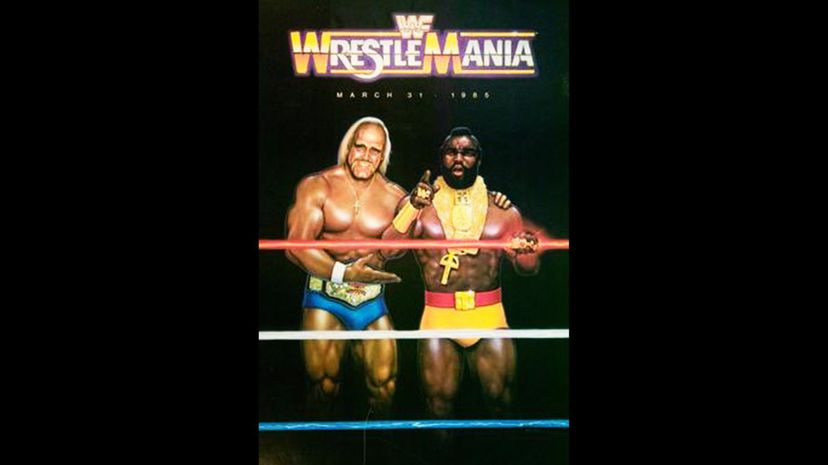
Madison Square Garden is one of the most famous sporting event venues in the world. Aside from hosting the New York Knicks' home games, the arena has housed many famous boxing matches, including Muhammad Ali vs. Joe Frazier.
Advertisement
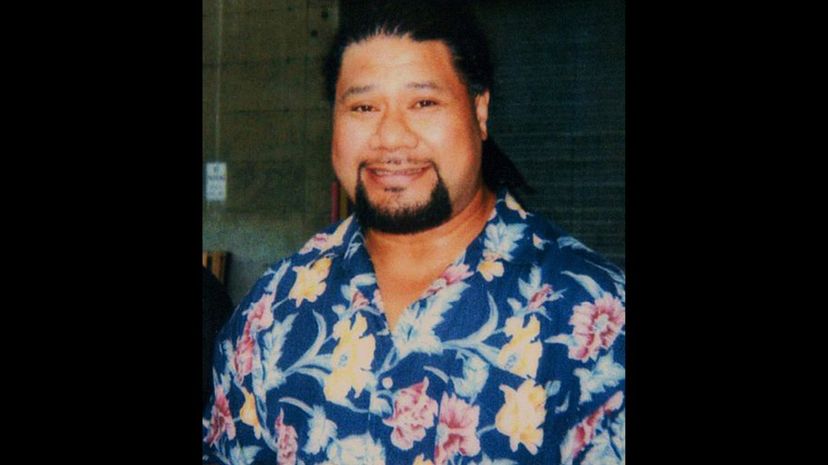
After Big John Studd lost the Body Slam Challenge to Andre the Giant, he continued to push other wrestlers into accepting the challenge. Haku, known as King Tonga at the time, stepped up to the plate and slammed Studd during an airing of "Championship Wrestling" in 1986.

The WCW brought in some of the biggest stars in the wrestling business during its run as the top competitor to the WWF. The company even stole many wrestlers from the WWF, including Hulk Hogan, Randy Savage and Kevin Nash. WCW offices were located inside the CNN Center in Atlanta, Georgia, shown here.
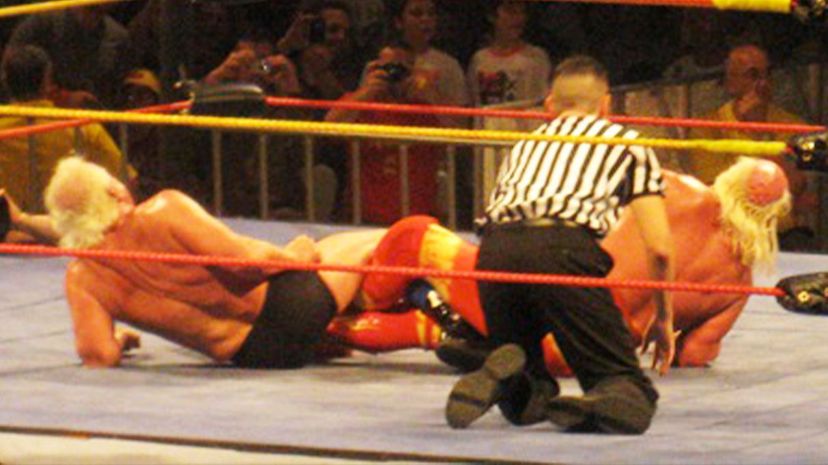
There have been many wrestlers who have utilized the figure four leg lock, but none of them are as well associated with the move as Ric Flair. Opponents knew their defeat was only a matter of time whenever Flair got them in the hold, which was a major reason he held multiple championships.
Advertisement
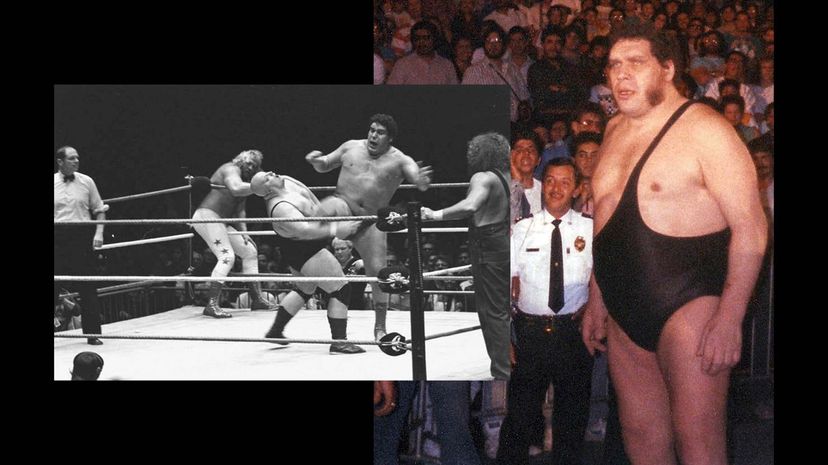
Coming into WrestleMania I, Big John Studd offered Andre the Giant $15,000 if Andre could deliver a body slam to Studd. If Studd had won the bet, Andre would have been forced to retire.
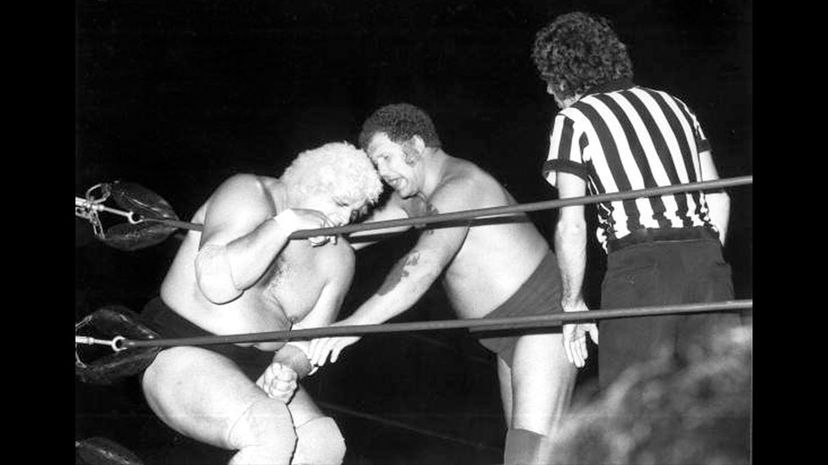
The King of the Ring event was introduced in 1985, and Harley Race won the event in only its second year, which was his first year with the WWF. After the event, he began to refer to himself as "King" Harley Race, forcing his competition to bow before him once they were defeated.
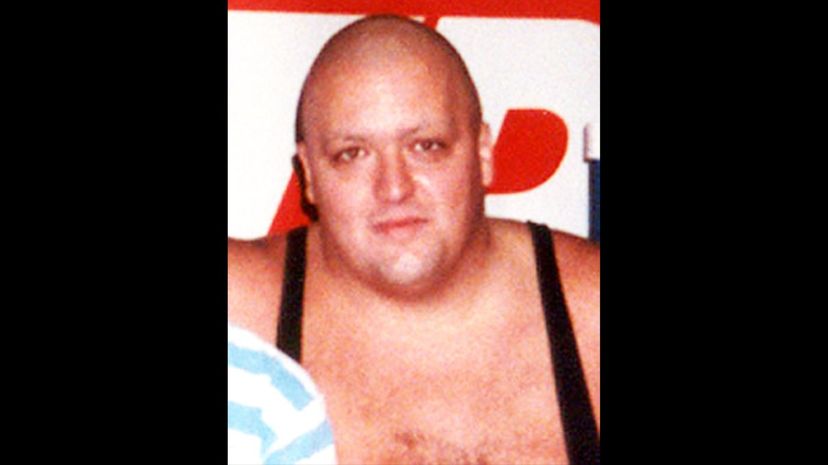
King Kong Bundy took on Hulk Hogan in the main event of WrestleMania II with Bobby Heenan at his ringside. Hulk Hogan managed to win the match against the ruthless heel by escaping the cage before Bundy.
Advertisement
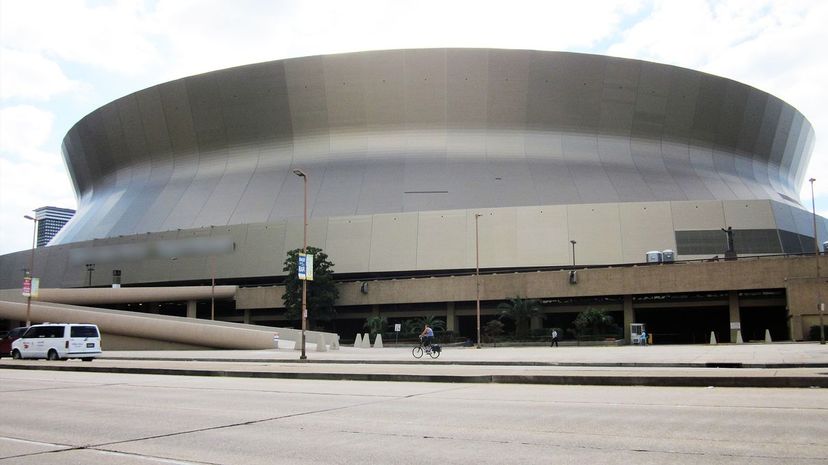
With construction beginning in 1971, the Superdome has been home to the New Orleans Saints of the NFL since 1975. The team was only absent from the stadium for one season. That was in 2005 after Hurricane Katrina devastated New Orleans.
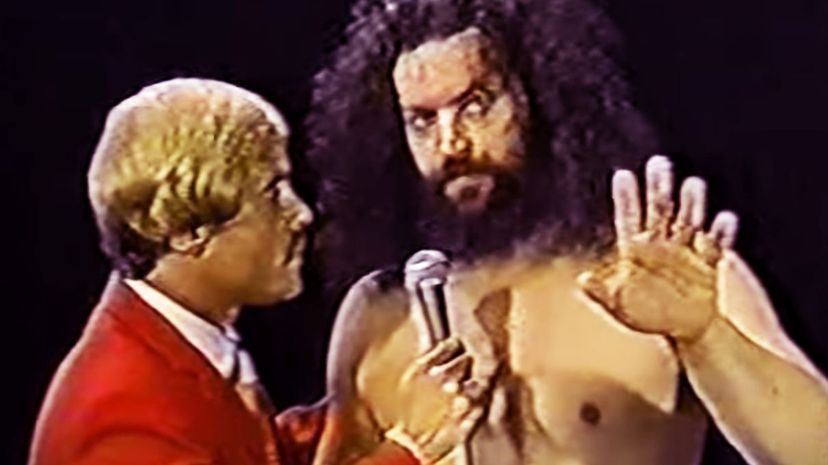
Bruiser Brody's brawler style in the ring often involved the use of blading, where he would purposely cut open his forehead for the appearance of blood. His matches with Abdullah the Butcher were some of the bloodiest matches in wrestling history.
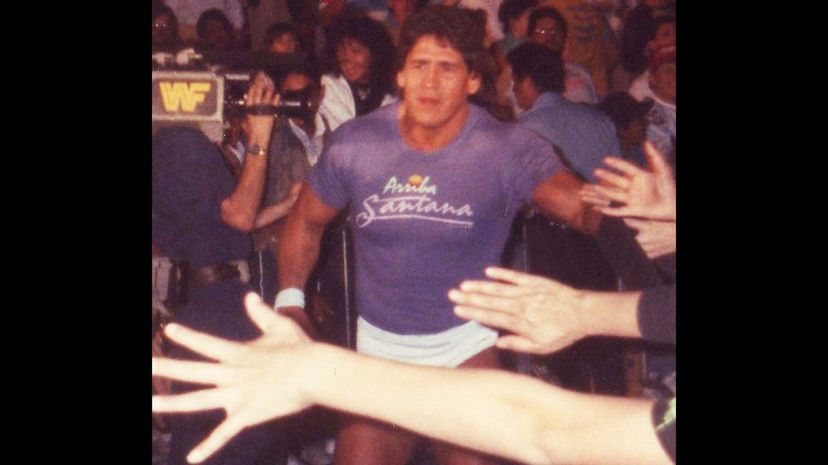
Ricky "The Dragon" Steamboat was the first wrestler to win the WWF Intercontinental Championship at a WrestleMania event when he defeated "Macho Man" Randy Savage at WrestleMania III. Their match is considered one of the greatest in wrestling history. Tito Santana held the belt in 1984.
Advertisement
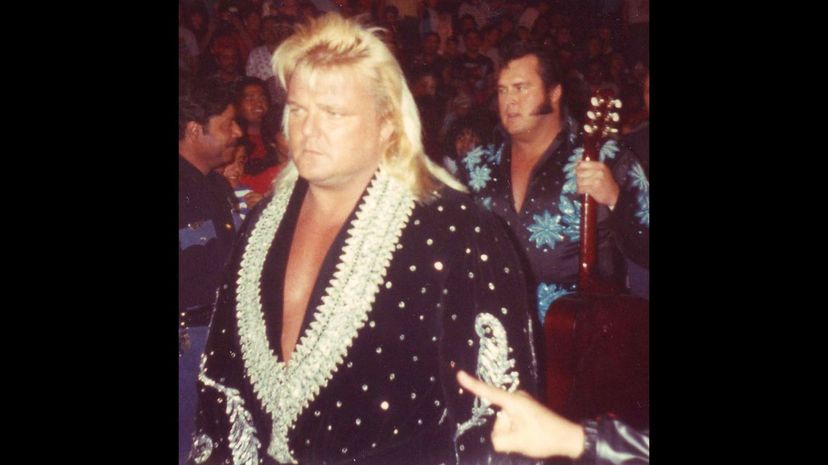
Nicknamed "The Hammer," Greg Valentine was a skilled and tough competitor who held multiple championships throughout the '80s. He competed for multiple companies and took part in both the first Starrcade with the NWA and WrestleMania I with the WWF.
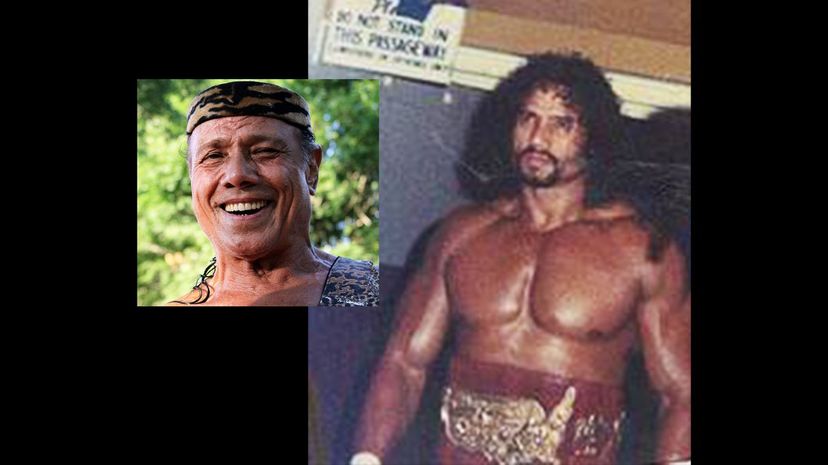
The steel cage match between Jimmy "Superfly" Snuka and Don Muraco was one of the most influential matches in wrestling history. The match pushed what it meant to take a bump when Snuka flew from the top of the cage onto Muraco down below.
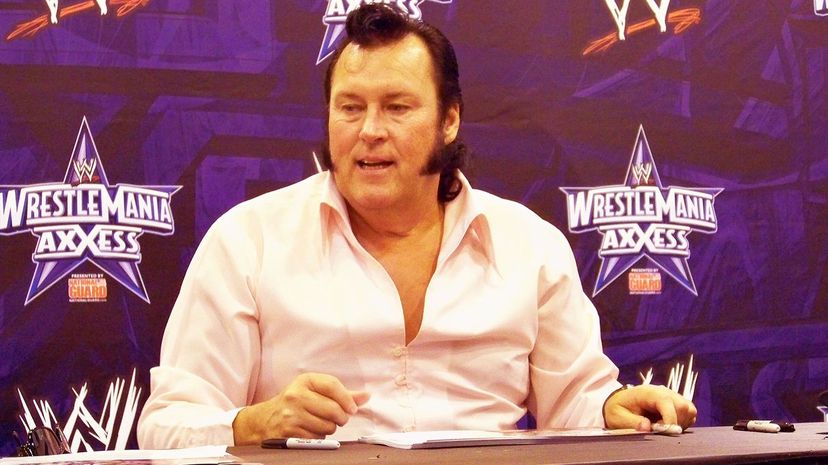
Unlike Elvis Presley, Honky Tonk Man's music wasn't popular with the audience, but that didn't stop him from performing for them. Never afraid to take a cheap shot with his guitar, he was one of the most hated villains in the business.
Advertisement
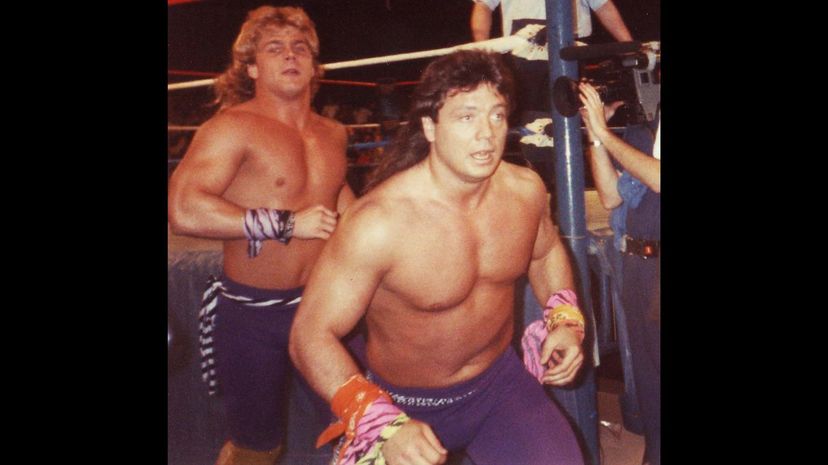
The Rockers were popular in the '80s for their highflying style of wrestling that incorporated athletic moves, a contrast to the big men in the business. Eventually, the tag team split up, and Shawn Michaels went on to have a stellar singles career in the WWF.
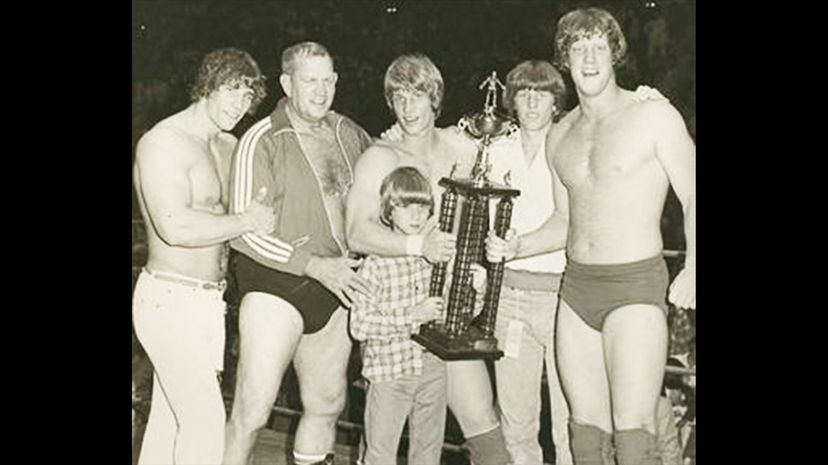
They were some of the biggest names in the wrestling world at one time, but the Von Erich family story ended in tragedy. Not only did their wrestling promotion go under, but most of them died tragically at very young ages.
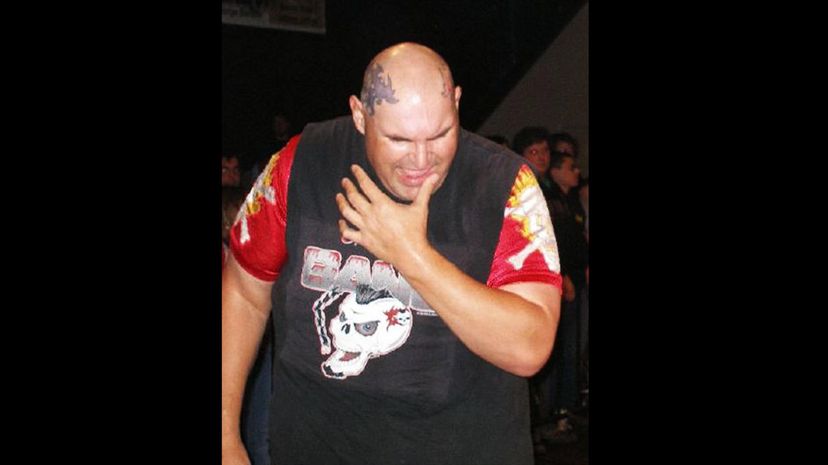
One Man Gang completely changed his voice and style when he transformed into Akeem "The African Dream." Not long after his transformation, he teamed up with Big Boss Man to form The Twin Towers.
Advertisement
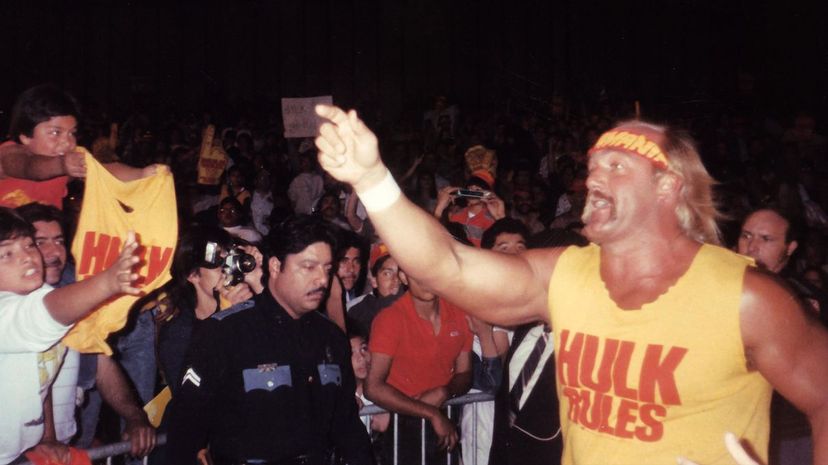
After his appearance in "Rocky III," Mr. T's popularity soured in the 1980s, which eventually led him into the wrestling business. However, he was disliked by many other wrestlers, like Roddy Piper, because he never worked his way up, instead using his popularity to gain main event status.
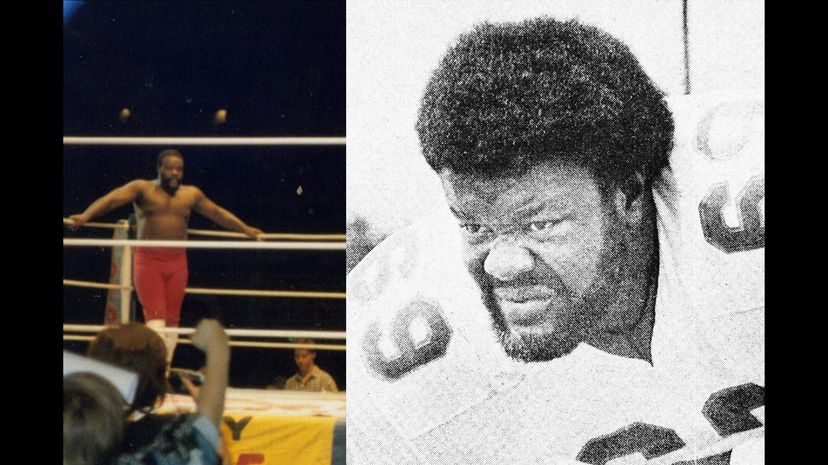
Following the growth of the WWF, owner Bill Watts of Mid-South Wrestling tried to transform the company from a regional promotion into a national promotion. He renamed it the Universal Wrestling Federation, but it went under by 1987 and was sold to Jim Crockett Promotions.
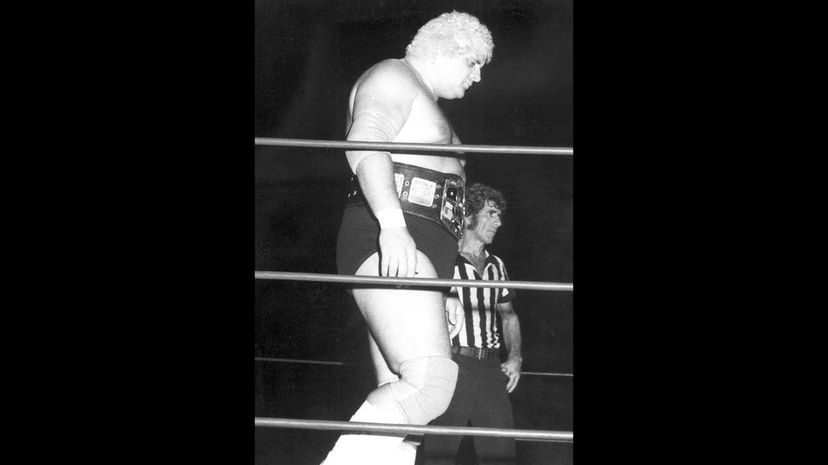
Dusty Rhodes pitched himself as "The American Dream" because he was the son of a plumber who rose to the top of the wrestling world. His promo, "Hard Times," delivered against Ric Flair depicted a man of the people taking on a man of luxury.
Advertisement
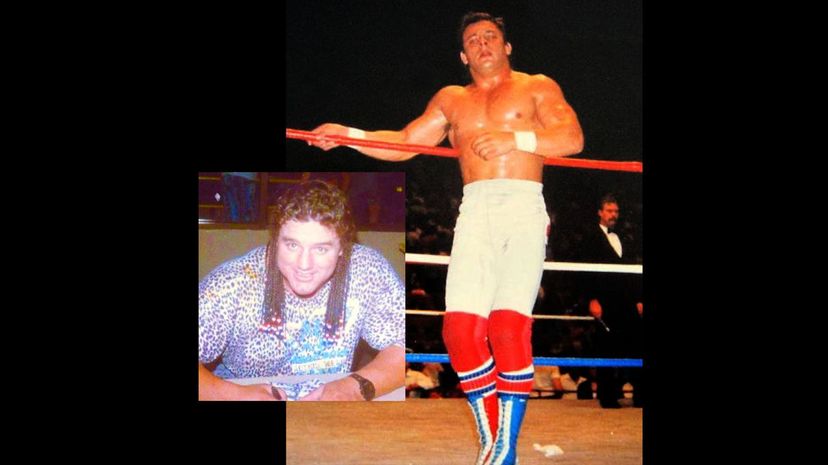
Throughout their early career in Stampede Wrestling and New Japan Pro Wrestling, Dynamite Kid and Davey Boy Smith competed against one another as a babyface and heel. Once they joined the WWF in 1984, they were turned into a tag team known as The British Bulldogs.
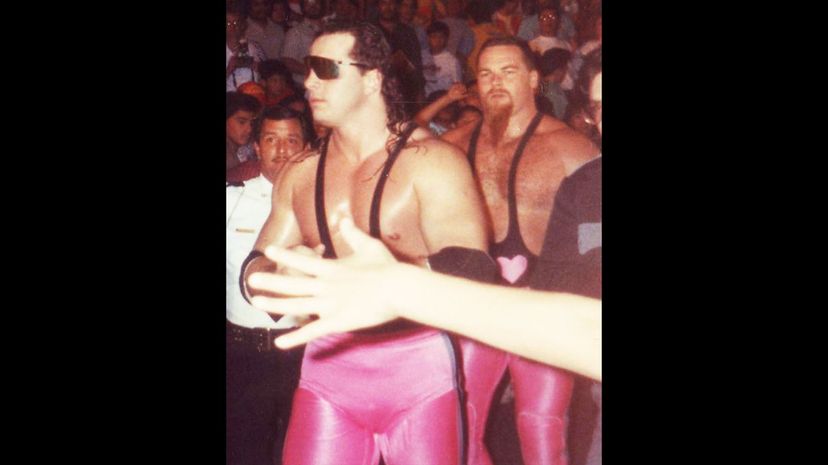
Lacking the size of some of his competitors, Bret Hart had to rely on his technical skills to get over on his opponents. Jim Neidhart, on the other hand, was the powerhouse of The Hart Foundation, utilizing his strength to create a balanced tag team.
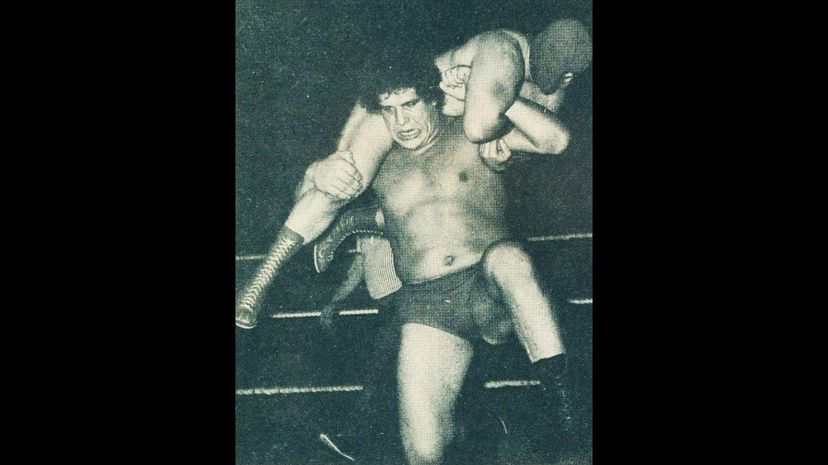
Andre the Giant won the only title of his career when referee Earl Hebner took a bribe from Ted DiBiase to help Andre win the title from Hulk Hogan. As soon as he won the title, Andre handed the belt to DiBiase, who was later stripped of it due to the bribery.
Advertisement
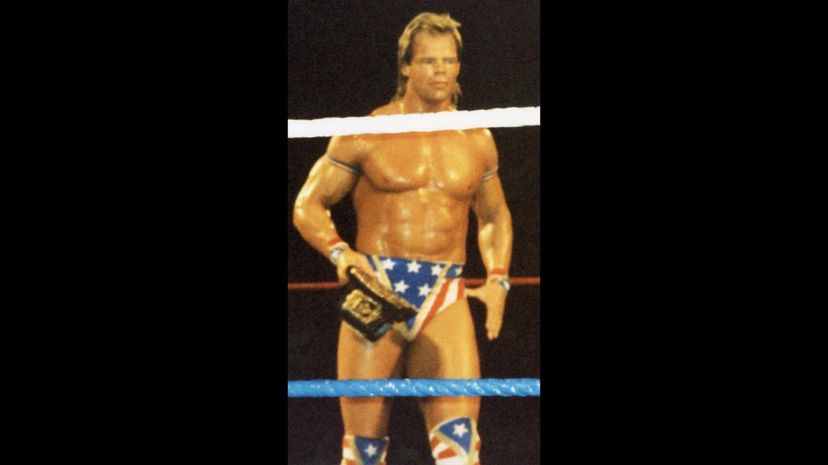
Lex Luger won the NWA United States Heavyweight Championship from Nikita Koloff after his manager helped him cheat by throwing him a steel chair. However, he lost the belt in a similar fashion to Dusty Rhodes, who got a hold of the chair and performed a DDT for the win.
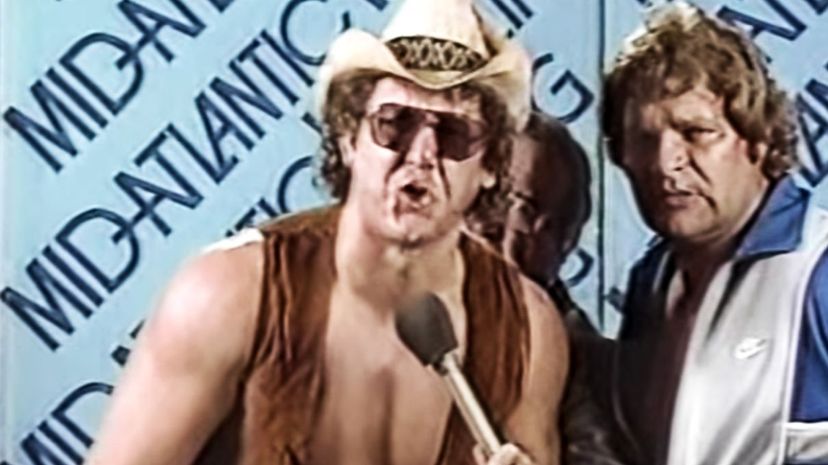
Unlike most injuries, "Cowboy" Bob Orton Jr. seemed to have a broken bone that would never heal, as he wore his cast for years after breaking his arm. The injury seemed to benefit him in the ring, however, as he used the cast as a weapon against his opponents.
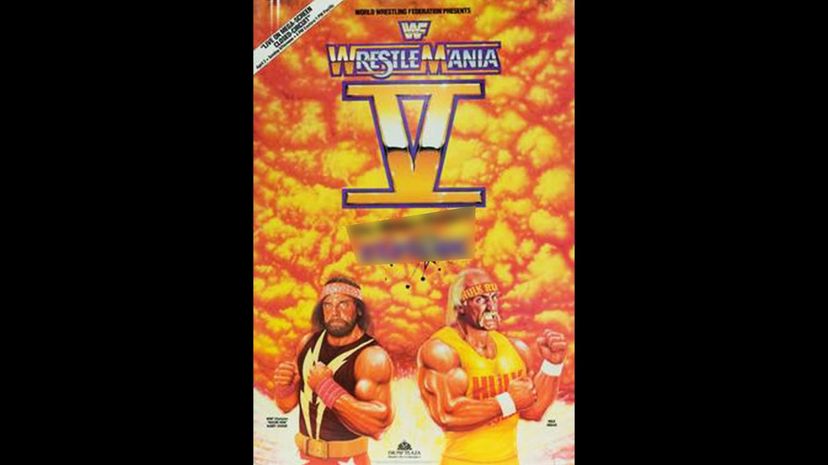
The main event of WrestleMania V pitted Hulk Hogan against "Macho Man" Randy Savage, who had previously formed a tag team known as The Mega Powers. The feud resulted in a classic match that Hogan won by pinfall.
Advertisement
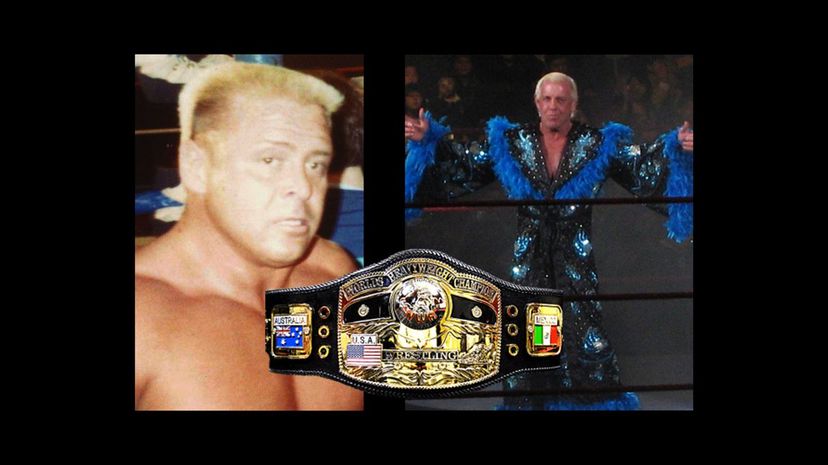
The first steel cage match was believed to have taken place in Atlanta, Georgia, in 1937. This match was different than future steel cage matches in that the ring was surrounded by chicken wire.
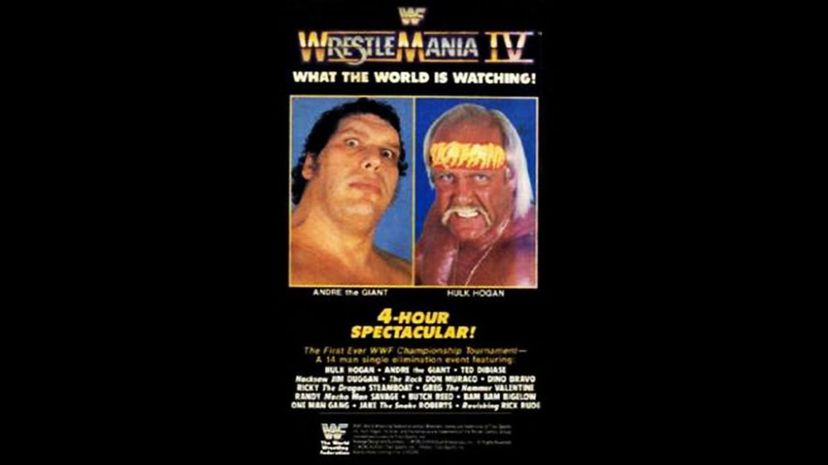
At WrestleMania IV in 1988, "Macho Man" Randy Savage faced Ted DiBiase in the finals of the tournament for the WWF World Heavyweight Championship. Savage took the victory, winning his first WWF Heavyweight title.
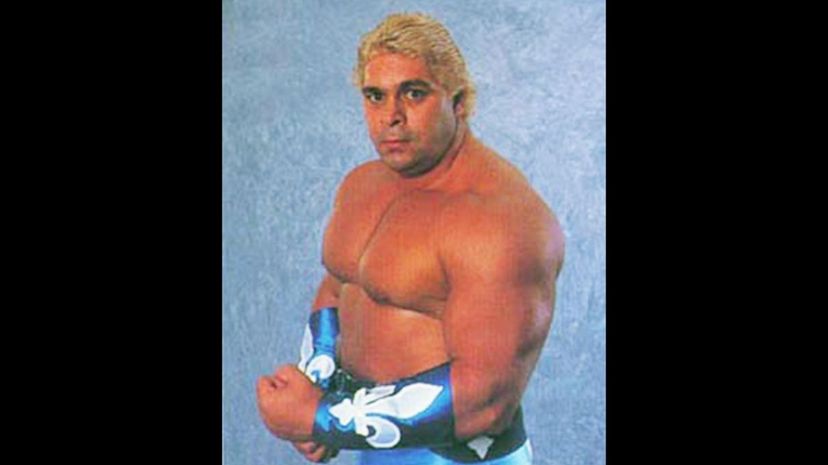
With 715 pounds on the bar, Dino Bravo didn't actually complete the full bench motion before he was helped by Jesse Ventura. Of course, that didn't stop Bravo from stating he was the "World's Strongest Man."
Advertisement
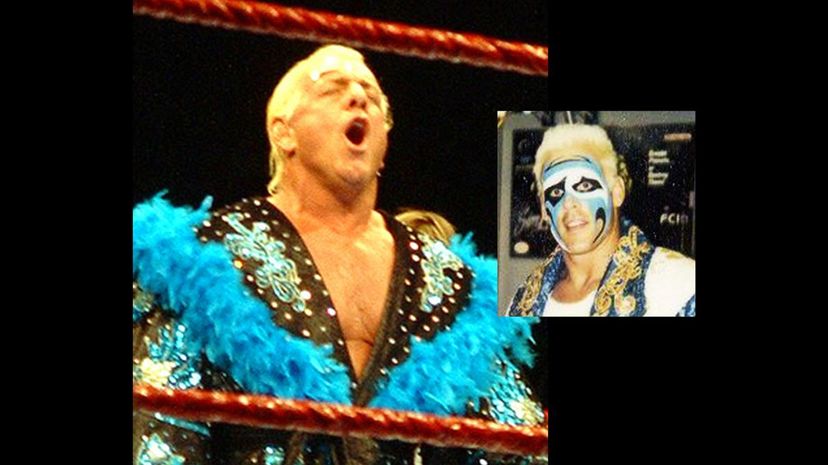
Sting's popularity was on the rise prior to his match with Ric Flair at Clash of Champions I, but their 45-minute bout launched Sting to superstar status. Even though the match ended in a draw, Sting would go on to lead the WCW for years to come.
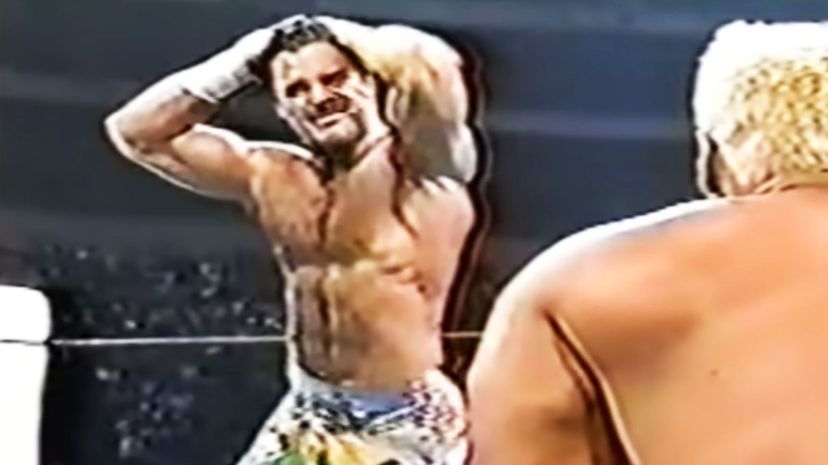
The Ultimate Warrior was a dominant force from the moment he joined the WWF, winning most of his matches in very short time periods. Rick Rude put a stop to that at WrestleMania V, becoming the first wrestler to defeat The Ultimate Warrior by pinfall.
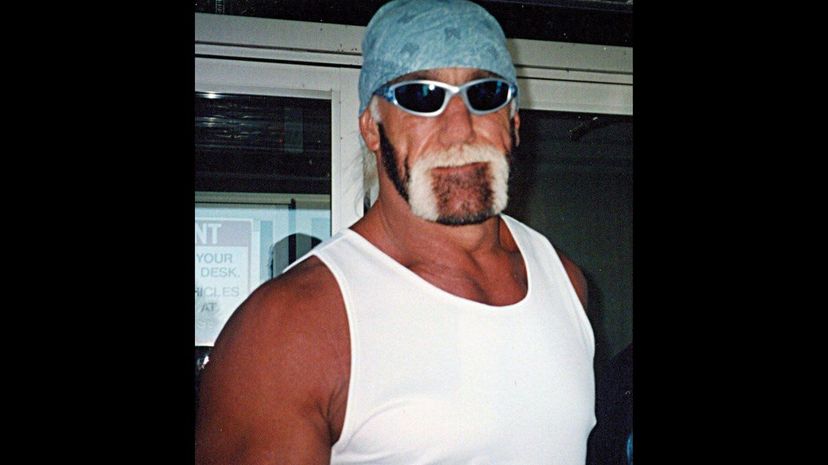
As the WWF expanded into the national spotlight, the company needed a star to keep fans interested. They went with the babyface Hulk Hogan, who became one of the biggest stars in the business after breaking free from Iron Sheik's signature hold, the camel clutch, to win his first championship.
Advertisement
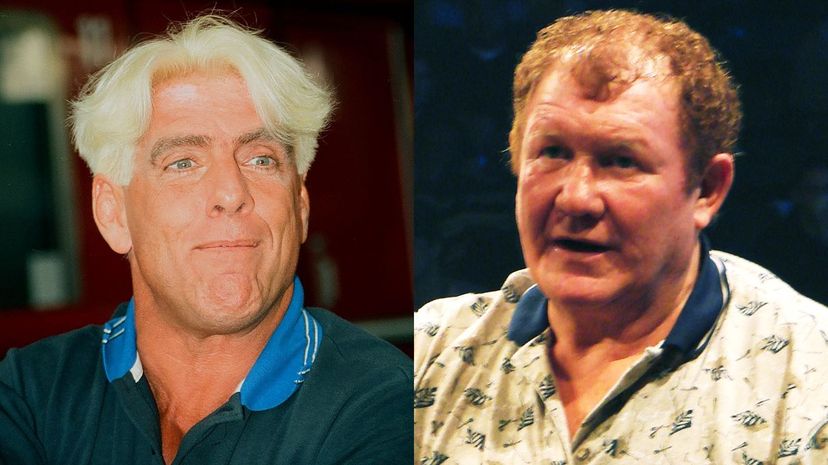
Coming into the 1983 Starrcade, Harley Race held the NWA World Heavyweight Championship and was probably the company's most established star. Ric Flair, on the other hand, was the young babyface, whose career was on the rise as one of the biggest names in the '80s.